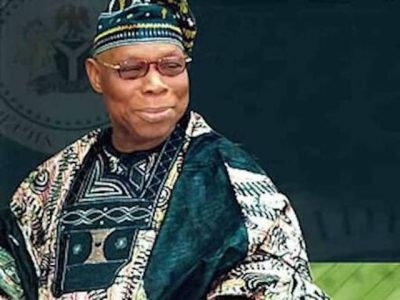By NAN
Nigeria needs to be more realistic about revenue projections.
As President Muhammadu Buhari’s administration prepares the 2022 budget, Nigerian business leaders and economists caution it should not use its billion-dollar loans to fund consumption.
The stakeholders, who spoke at a webinar organised by the Abuja Chamber of Commerce and Industry (ACCI) on Tuesday, decried the current application of loans to cover recurrent expenditures.
In his presentation, the Statistician-General of the Federation, Simon Harry, said the government should take stringent measures against a rent-seeking mentality to curtail volatility in the forex market and eliminate the shadow economy of the parallel market.
The webinar convened to review “implementation of 2021 Budget and Appraisal of 2022 proposals” expressed apprehension over the level of debt servicing, gulping over 90 per cent of national earnings.
Mr Harry also explained that automation of the processes would go a long way in checking leakages in the system and help save time and curb corruption.
A representative of KPMG, Olusegun Zaccheaus, stated that the government’s recurrent expenditure continued to rise faster than revenue, which impacted the government’s ability to deliver on certain fiscal capital projects.
Also speaking, an economist, Lukman Oyelami, said “the debt service revenue ratio was worrisome, and the government should look into it and re-strategise to generate more revenue.
“Nigeria needs to be more realistic about revenue projections. It is obvious that the government is not generating enough to cover expenditure.
“But the inability to generate enough to cover recurrent expenditure is really a bad omen,” Mr Oyelami stated.
Adeyemi Folorunsho, a director at the Manufacturing Association of Nigeria (MAN), stated that the country’s debt profile should be addressed.
He also called for the setting up of a committee to monitor and evaluate executive orders.
Mr Folorunsho emphasised that the government should pay more attention to manufacturing local products and reducing unemployment to drive consumption to boost the sector further.
In light of the African Continental Free Trade Area (AfCFTA) agreement, he called for linking the agriculture and mining sectors into value chains.
Ibrahim Ayuba, a faculty member of ACCI BEST Centre, also urged the government to focus on the viability of non-oil sectors such as agriculture, mining, and leathers, to have a structured market, improve value chains and increase exportation.
(NAN)













